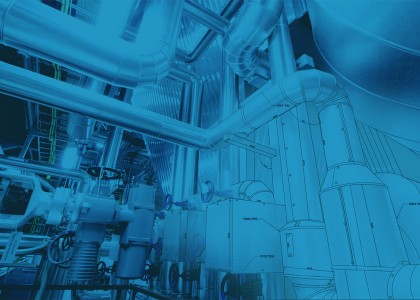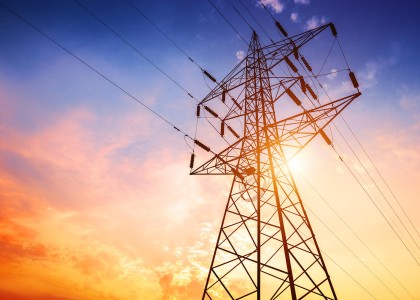National climate change legislation faces the challenge of achieving deep reductions in GHG emissions while limiting both national economic costs and consumer costs from the program. A carbon cap-and-trade program, most frequently discussed, would provide a much needed market price for carbon. However, since one of the principal aims of cap-and-trade programs is to lower the overall societal cost of greenhouse gas emissions reductions, it is crucial to design the national cap-and-trade system so that it inherently taps the lowest-cost emission reductions available to the economy.
Experience in numerous states shows that efficiency improvements on average cost about 3 cents per lifetime kilowatt-hour saved1 compared to about 7 cents to over 13 cents per kilowatt-hour for conventional electricity generation.2 Energy efficiency reduces the cost of cap-and-trade because less new energy facilities are needed and also because a smaller portion of existing facilities need to be upgraded to help meet emissions ceilings. A cap-and-trade program that maximizes the role of end-use energy efficiency in buildings, industry, and transportation systems, will, therefore, cost less and achieve more than a program that simply focuses on generators through a carbon cap and carbon price. Although a carbon cap is essential to ensure that the U.S. meets its emissions reduction goals, its impact on carbon price alone will not achieve sufficient reductions in energy use due to a number of well-known market barriers. Therefore, additional policies supporting energy efficiency must be implemented to achieve more rapid carbon reductions at a lower cost to consumers and the American economy.
This document focuses on how a cap-and-trade system can be designed to accelerate investments in energy efficiency. This summary provides an overview of recommendations which support the inclusion and advancement of energy efficiency in climate change legislation including suggestions on funding, complementary policies, low income programs, third-party and end-user programs, research, development and demonstration, and evaluation, measurement and verification.
Click here to read a synopsis of the White Paper.


